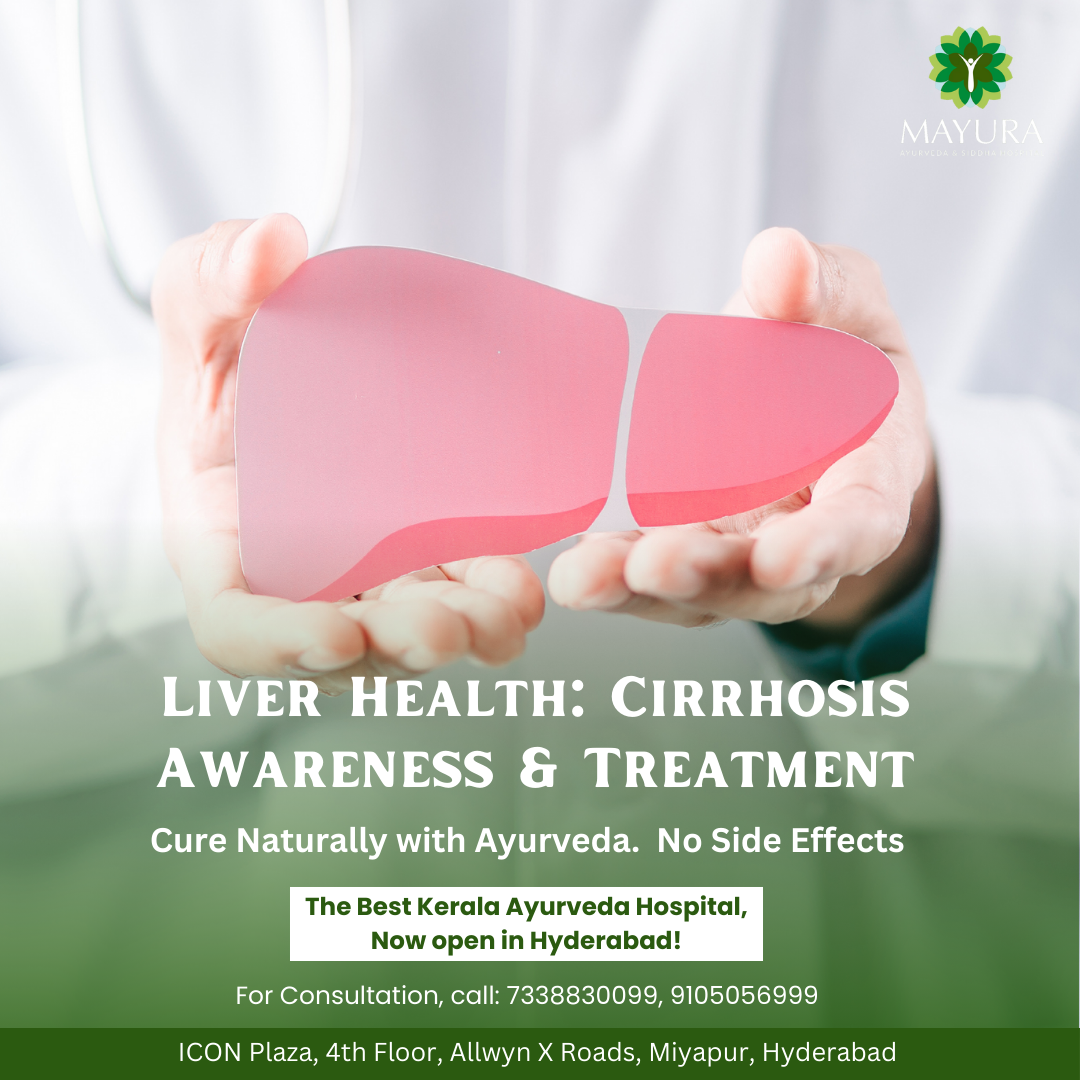The liver, one of the body’s largest organs, plays a vital role in metabolism, digestion, and detoxification. However, its health can be compromised by various factors, including cirrhosis. Cirrhosis is a chronic liver disease characterized by the progressive scarring of liver tissue, leading to impaired liver function. Understanding the causes, symptoms, and treatment options for cirrhosis is crucial for maintaining optimal liver health.
Causes of Cirrhosis:
Cirrhosis can develop from various liver diseases and conditions, including chronic alcoholism, chronic viral hepatitis (such as hepatitis B and C), non-alcoholic fatty liver disease (NAFLD), autoimmune hepatitis, and genetic disorders like hemochromatosis and Wilson’s disease. Prolonged exposure to toxins and certain medications can also contribute to the development of cirrhosis.
Symptoms of Cirrhosis:
The early stages of cirrhosis may be asymptomatic or present mild symptoms that often go unnoticed. As the disease progresses, individuals may experience fatigue, weakness, loss of appetite, weight loss, nausea, abdominal pain, jaundice (yellowing of the skin and eyes), swelling in the legs and abdomen (edema and ascites), and easy bruising or bleeding. It’s essential to recognize these symptoms and seek medical attention promptly for proper diagnosis and management.
Diagnosis and Treatment:
Diagnosing cirrhosis typically involves a combination of medical history evaluation, physical examination, blood tests to assess liver function and identify underlying causes, imaging studies (such as ultrasound, CT scan, or MRI), and sometimes liver biopsy for definitive diagnosis. Treatment aims to slow the progression of liver damage, manage symptoms, and address underlying causes. Depending on the severity and cause of cirrhosis, treatment options may include lifestyle modifications (such as abstaining from alcohol, maintaining a healthy diet, and exercising regularly), medications to manage complications (such as diuretics for fluid retention), antiviral therapy for viral hepatitis, immunosuppressive drugs for autoimmune hepatitis, and liver transplantation in advanced cases.
Prevention and Lifestyle Recommendations:
Preventing cirrhosis involves adopting a healthy lifestyle and avoiding known risk factors, such as excessive alcohol consumption, unhealthy diet leading to obesity, and exposure to hepatitis viruses. Regular exercise, maintaining a balanced diet rich in fruits, vegetables, and whole grains, limiting alcohol intake, avoiding recreational drug use, and practicing safe sex can all contribute to liver health.
Conclusion:
Cirrhosis is a serious condition that can significantly impact liver function and overall health. By understanding its causes, recognizing early symptoms, and seeking timely medical intervention, individuals can effectively manage cirrhosis and prevent further liver damage. Prioritizing liver health through lifestyle modifications and regular medical check-ups is essential for maintaining a healthy and functional liver.
















